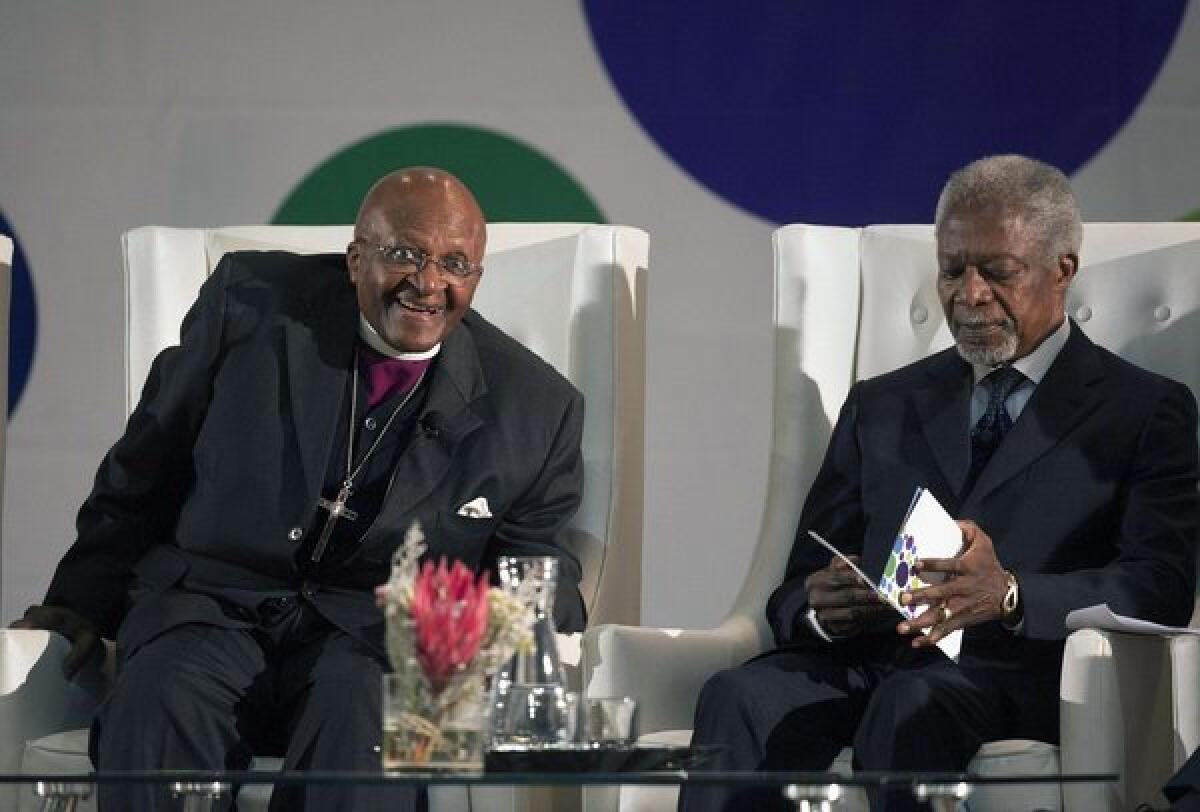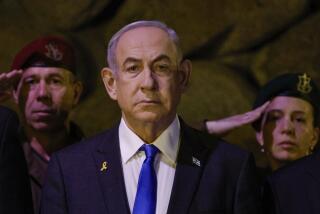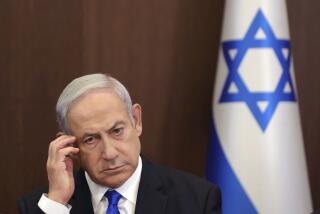Annan urges African leaders to stand by International Criminal Court

JOHANNESBURG, South Africa -- African leaders meet in Ethiopia on Friday to discuss calls to withdraw from the International Criminal Court, even as former U.N. Secretary-General Kofi Annan of Ghana urged them to stand by the court.
Amid sharp criticism of the court on the continent, 142 African human rights and activists groups also called on them to support the Hague-based court.
The ICC is facing its toughest test with the trials of the Kenyan President Uhuru Kenyatta and Deputy President William Ruto for crimes against humanity in the ethnic violence that followed a disputed 2007 election.
African Union leaders have called an extraordinary summit Friday to discuss the continent’s relationship with the court, with some leaders and diplomats pressing for African countries to abandon the ICC.
The only other sitting leader currently under indictment is Sudanese leader Omar Hassan Ahmed Bashir, who is accused of crimes against humanity in the Darfur region. African Union countries have refused to cooperate with the ICC’s arrest warrant on Bashir, and he has traveled to several African countries without being detained.
Kenyatta and Ruto, elected in March despite the ICC indictments, promised to cooperate with the court. However, Kenya’s parliament has voted to withdraw from the court and Kenyan politicians have pushed for other African countries to withdraw from the court en masse, a move that could cripple the credibility of the ICC.
Annan said many African leaders were “resisting and fighting” the court.
“If they fight the ICC, vote against the ICC, withdraw their cases, it will be a badge of shame for each and every one of them and for their countries,” Annan said in Cape Town, South Africa, after delivering the Desmond Tutu annual peace lecture Monday night.
He said the court was a last resort after African governments failed to deliver justice for heinous crimes against humanity.
“If African victims can get justice at home and we have credible courts and they do take action, there’ll be no need for [the] ICC,” Annan said.
He rejected the criticisms some have mounted, notably in Kenya, that ICC trials could undermine peace and stability. Annan said justice, an end to impunity and peace go hand in hand.
“On a continent that has experienced deadly conflict, gross violations of human rights, even genocide, I am surprised to hear critics ask whether the pursuit of justice might obstruct the search for peace,” Annan said during his speech.
He said African victims of some of the worst crimes had often been failed when perpetrators were not arrested and prosecuted.
The ICC has been accused of anti-African bias, with all its cases so far mounted against Africans. Prominent critics include Ugandan President Yoweri Museveni and Ethiopian Prime Minister Hailemariam Desalegn.
Ethiopian Foreign Affairs spokesman, Dina Mufti, said last week the ICC cases against African leaders were politically motivated, and said an international court conflicts with the African Union principle of African solutions for African problems.
But Annan said most of the ICC’s cases were either referred by African governments or the U.N. Security Council, not the ICC.
“In four of the cases on Africa before the court, African leaders themselves made the referral to the ICC. In two others, Darfur and more recently Libya, it was the U.N. Security Council, and not the court, which initiated proceedings,” he said.
The court was set up in 2002 by the Rome Statute, signed and ratified by 122 countries, including 34 in Africa.
In a letter to African Union foreign ministers, 142 African civil society organizations and international human rights groups Monday called on the continent’s leaders to support the court.
“We believe any withdrawal from the ICC would send the wrong signal about Africa’s commitment to protect and promote human rights and reject impunity,” the letter said.
Withdrawal from the court would “risk grave consequences for civilians in Africa, who tend to bear the brunt of serious crimes committed in violation of international law,” the letter said. “The ICC remains the only permanent criminal court with the authority to act when a state with jurisdiction is unable or unwilling to investigate or prosecute.”
ALSO:
U.S. fears radical Islamists could take root in Syria
Russian activist sent to mental institution, echoing Soviet era
Times journalists answer questions about reporting inside Syria
Twitter: @latimesdixon
More to Read
Sign up for Essential California
The most important California stories and recommendations in your inbox every morning.
You may occasionally receive promotional content from the Los Angeles Times.









